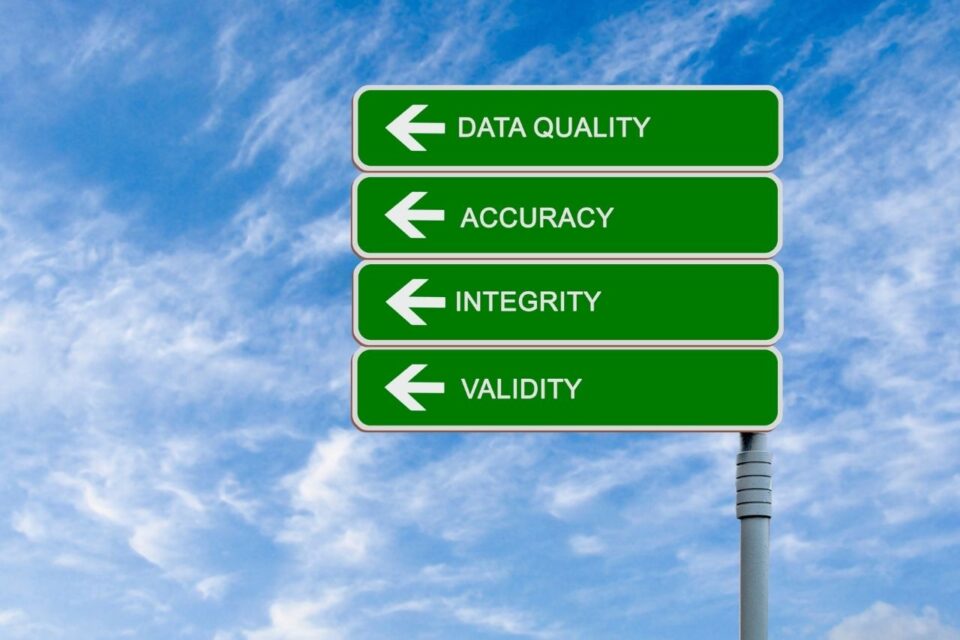
[Artificial Intelligence] Revenue Cycle Management 5 Things to Make It Better
September 4, 2019
Why the Healthcare Revenue Cycle Management is Important?
September 16, 2019Revenue Cycle Management or RCM has become an important part in the administration of healthcare organizations. This is the reason why the utmost care should be used and is ultimately necessary while implementing the RCM process.
To make sure that the implementation is right the first time, let’s look into the best practices to improve the RCM process.
RCM technology is not fit for all
The first thing you need to know is that one technology does not fit every hospital system. Every hospital’s needs are different and thus the technology would vary in each organization.
When the right RCM technology is implemented it may increase your organization’s bottom line.
Given every hospital organization is unique, it is crucial to find out what the system is deficient in as well as utilizing the technology that would be the best fit for each organization. This technology ideally should be able to optimize the workflow, improve efficiency, and increase revenue.
What technology can and can’t provide
There are a lot of new and advanced software technologies that are coming out almost every day. It is important to understand that each technology can provide organizations with a lot of benefits.
On the other hand, it also has certain limitations that we need to understand. It is essential to adopt the correct technology in order to achieve a successful revenue cycle management process.
We should remember the capabilities and limitations of our chosen technology. These software technologies can help hospitals increase their productivity and reduce operating costs.
But most importantly, having the wrong technology could also prevent healthcare organizations from reaping the benefits of having a solid RCM process.
Start with the basic system
It is recommended that healthcare organizations have one vendor for all their data, which should include administrative, clinical and financial data. This would make sure that the organizations only have to turn to one source for all their data.
Experts suggest that only one system should be in use for the work so that the hospitals can use it most efficiently. There are some organizations that have different systems for their information.
In this case, health record systems and RCM would have many vendors for all the data. In the end, this would cause problems for quicker operation and issues in workflow efficiency.
User-friendly and non-complicated technology
Experts are advising RCM users to find vendors that can install RCM IT on the basis of use-cases. The United States has a complex RCM system which takes care of so many silos of data and information. While it is good that one system can do so much, it’s better to have a simpler technology to improve the RCM process.
It is also important to have a system that can capture all the data and information. It is critical to have software technology that improves user profiling and problem framing.
This way, the system can improve overall performance.
Automation and human
Something that is important to remember is that behind the RCM process are human employees. Even though the manual processes are the reason for higher cost and inefficiencies, the software technology is implemented to aid people, and in the end, increase efficiency.
To decrease inefficiency, hospitals should take up software training for employees. Hospitals should also add automation to make the workflow easier.
It is beneficial for the RCM process to add good training and automation for employees, which are essential now.
It’s important to note, that it can make even the least efficient employee capable of being able to work as well as the most efficient worker.
Learn how our AllPayor® Software is saving other organizations $$MILLIONS!
If you are interested in a free demo of our AllPayor® Software, please go HERE or you can register for a FREE webinar HERE





